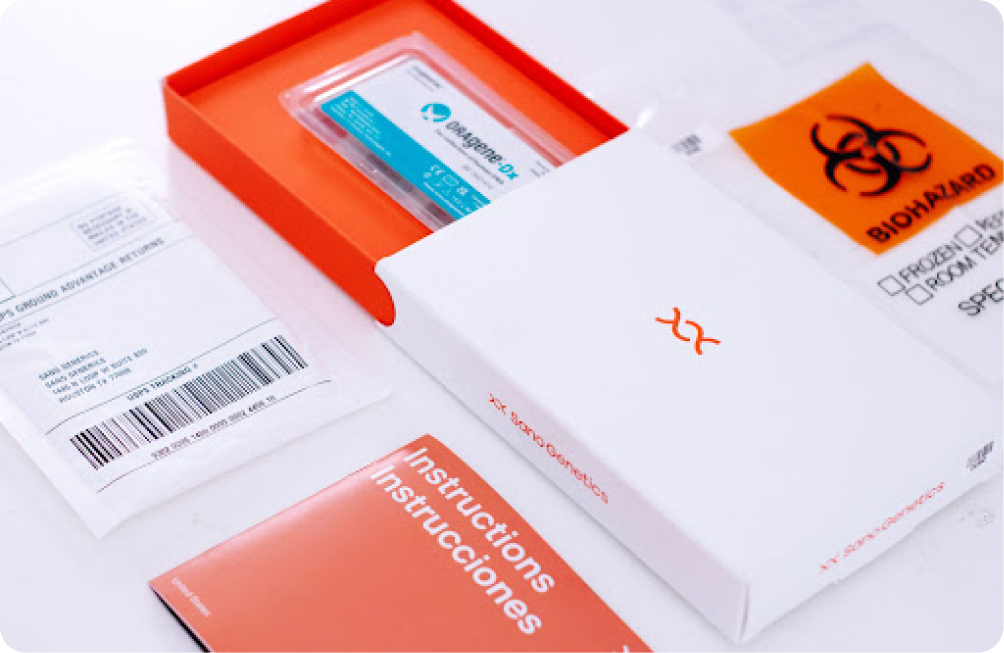From lab to life: How genetic testing is transforming pharma and biotech

The 21st century heralds a paradigm shift in healthcare and medicine, driven predominantly by the breakthroughs in genetic testing. This blog post explores how genetic testing is redefining the fields of biotechnology and pharmaceuticals, marking a new era of precision medicine. From decoding our DNA to ushering in targeted therapies, genetic testing stands as a cornerstone of modern medical innovation.
Genetic testing: Deciphering the blueprint of life
At the heart of this revolution is genetic testing – a scientific process that analyses DNA to uncover genetic variants. This technique is pivotal in revealing information about an individual’s health predispositions, potential genetic disorders, and their responses to medications. For instance, the BRCA1 and BRCA2 gene mutations, commonly tested for breast cancer risk, are prime examples of how genetic testing can guide preventive strategies and treatment decisions.
Precision medicine: The epicentre of healthcare transformation
Precision medicine, deeply rooted in and driven by genetic testing, is changing the face of healthcare. This approach focuses on tailoring medical treatments to individual genetic profiles, vastly improving treatment efficacy. A noteworthy example is the use of pharmacogenomics in personalising treatments for conditions like depression, where genetic tests can guide antidepressant selection.
Pharmacogenomics: Redefining drug development and efficacy
Pharmacogenomics takes genetic testing into the drug development realm. It examines how genetic differences influence drug response, leading to more effective and safer medication regimens. The development of drugs like Herceptin for HER2-positive breast cancer patients showcases the power of pharmacogenomics in creating targeted therapies.
Oncology and genetic testing: New Hope
In oncology, genetic testing is a game-changer. It plays an essential role in identifying genetic markers associated with various cancers, thereby facilitating early detection and personalised treatment plans. The use of genetic testing in the management of colorectal cancer, for instance, exemplifies its critical role in oncology.
Navigating the ethical landscape of genetic testing
As genetic testing becomes more accessible, it brings forth ethical and privacy concerns that must be addressed. Ensuring patient confidentiality and informed consent are paramount. The Genetic Information Nondiscrimination Act (GINA) is a significant step in protecting individuals from genetic discrimination, highlighting the importance of ethical considerations in this field. A recent webinar featuring Sano’s Head of Quality and Regulatory dives deep into this issue.
The expansive horizon of genetic testing: What lies ahead
The future of genetic testing is not just promising; it is transformative. Continuous advancements in genetic research are broadening its applications, from rare disease diagnosis to preventive health strategies. The exploration of genetic testing in neurodegenerative diseases like Alzheimer’s is a testament to its growing impact in various health domains.
As we continue to uncover the vast potential of genetic testing, its role in shaping the future of healthcare and medicine becomes increasingly evident. To learn more about how Sano incorporates genetic testing into clinical research, download our background, or get in touch below.

